The word ‘Japa” comes from the Sanskrit language; it is a sacred word that is recommended for practitioners. There are different paths of spirituality, and in Bhakti Yoga, it is the main method of meeting with god. According to ancient Indian philosophy, words and affirmations are a powerful way to transform ourselves.
The word chanting is a synonym of Japa, when a person sits silently and remembers god by words and by heart: that is the true form of Japa. The importance of Japa is mentioned in Vedic texts and also told by different sages. Many poets of the Bhaktivad (Era of spirituality) have expressed their words at the time of deep chanting.
Difference Between Japa and Meditation
For many people spirituality is just meditation nd wearing some stones, but this word is more than that. We are not claiming that different methods of it are wrong, but spiritual concepts come from the idea of liberation. Apart from these methods, meditation can be defined as a technique for deep insights into ourselves, which helps in self-realization.

On the other hand, Japa is the repetition of a mantra in the same rhythm. To remain in the constant remembrance of god with devotion and concentration is the real meaning of Japa. Basically, it’s this age-old spiritual hustle where you just keep spinning a mantra or a sacred name, over and over—sometimes under your breath, just in your head.
The word “japa” is snatched straight from Sanskrit, hoping for some good vibes and maybe a sprinkle of enlightenment. Most folks drag along a mala (those stringy bead necklaces—108 beads, not just a random number) to help keep track. Well, japa japa settles your brain, cuts through the mental static, and—if you stick with it—plugs you into a deeper sense of peace or whatever you wanna call the Big Mystery.
Benefits of Japa or Chanting
Most of the time only purpose of the Japa is chanting for a deep spiritual connection, but there are different benefits of Japa. Have you ever seen any Indian or Chinese sage sitting with a bead in the hand? It sounds like noiseless chanting; it is called Japa. It increases the focus with time, and a tough practice for many, where people have hectic lifestyles.

- Just saying the same mantra over and over? It sort of turns down the mental static and lets your brain take a breather.
- Helps you actually pay attention – Instead of your thoughts flying everywhere, sticking to a mantra trains your head to stay on one thing. Less Netflix-abandoned, more laser-focused.
- Turns down the stress vibes – This whole chanting thing? It works like a gentle lullaby for your nerves. Anxiety levels drop, and suddenly life isn’t so overwhelming.
- Gets you feeling all cosmic – Repeat these sounds and, boom, you start feeling a bit more plugged into something bigger than your laundry list of problems. Divine hotline, anyone?
- Mood detox on repeat – Keep at it, and all that emotional junk starts clearing out. You get less weighed down, more glass-half-full energy.
- Memory and willpower glow-up – Doing anything consistently builds brain nerves and muscle (mental muscles included). Your recall gets sharper, and hey, so does your self-discipline.
- Bubble of good vibes – Loads of folks are convinced mantras whip up a sort of force field. Energy shield: activated. Means your aura will be high, but it does fast work in kundalini awakening.
Is There Any Specific Rule for Japa?
There is no specific rule for the chanting according to the sages and the deep practitioners. By this method, we are remembering god, and God of Prabhrama accepts us in every situation. The supreme sages of the Hindu philosophy suggested that you can even chant in bed when you wake up in the morning. If you are an old-age person or a Brhamchari, you can chant anywhere. Here are some essential rules that you can follow according to your preference:

- Choose a fixed place to practice daily and clean yourself through mind and body.
- You can take a bead if you have a problem with counting; otherwise, it is not necessary.
- Silent practice of Japa is more beneficial in comparison to speaking.
- Practice with concentration and humility with time, it will make you more sincere in comparison to forceful sitting.
- You can Japa one direction bead each time.
Also Go Through:- 7 Daya Yoga and Meditation Retreat in India
Conclusion
Japa Japa means chanting the name of god with focus and concentration. It is an ancient Indian practice that expanded its reach to different corners of the world. It is one part of the spirituality and realization of the higher self. According to the Bhagavat Gita, there are four types of Yoga: Jnana Yoga, Bhakti Yoga, Karma Yoga, and Raja Yoga. Japa is a part of the Bhakti Yoga and is considered as best method for concentration. If you have any queries, you can reach us by WhatsApp.

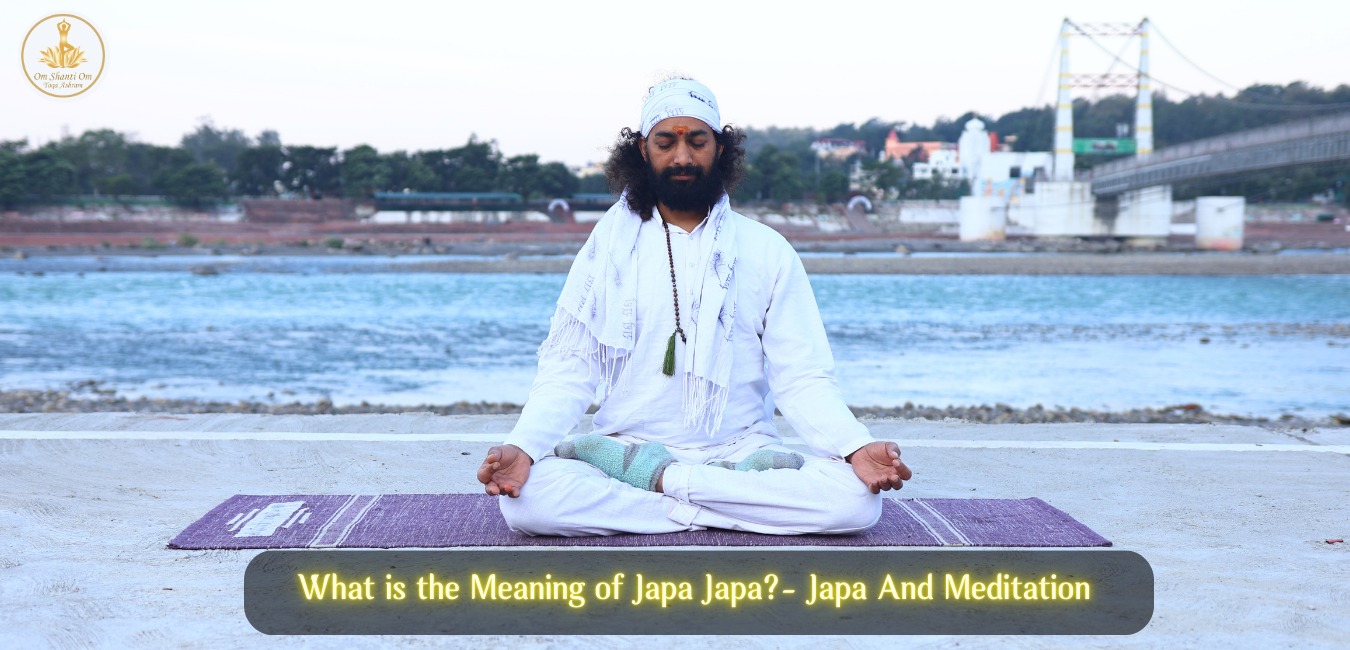







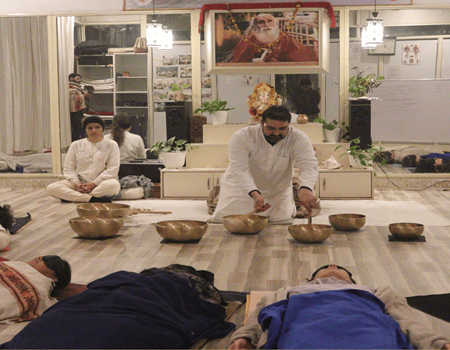

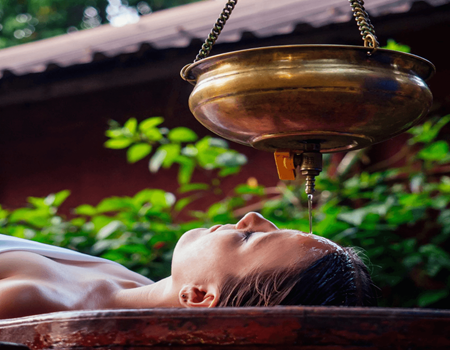
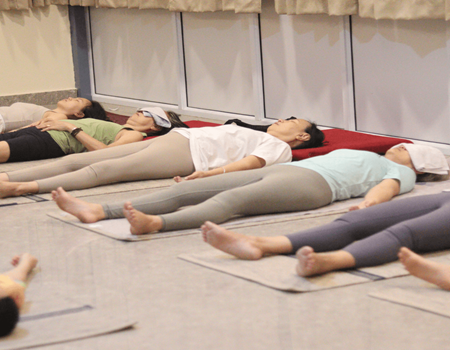

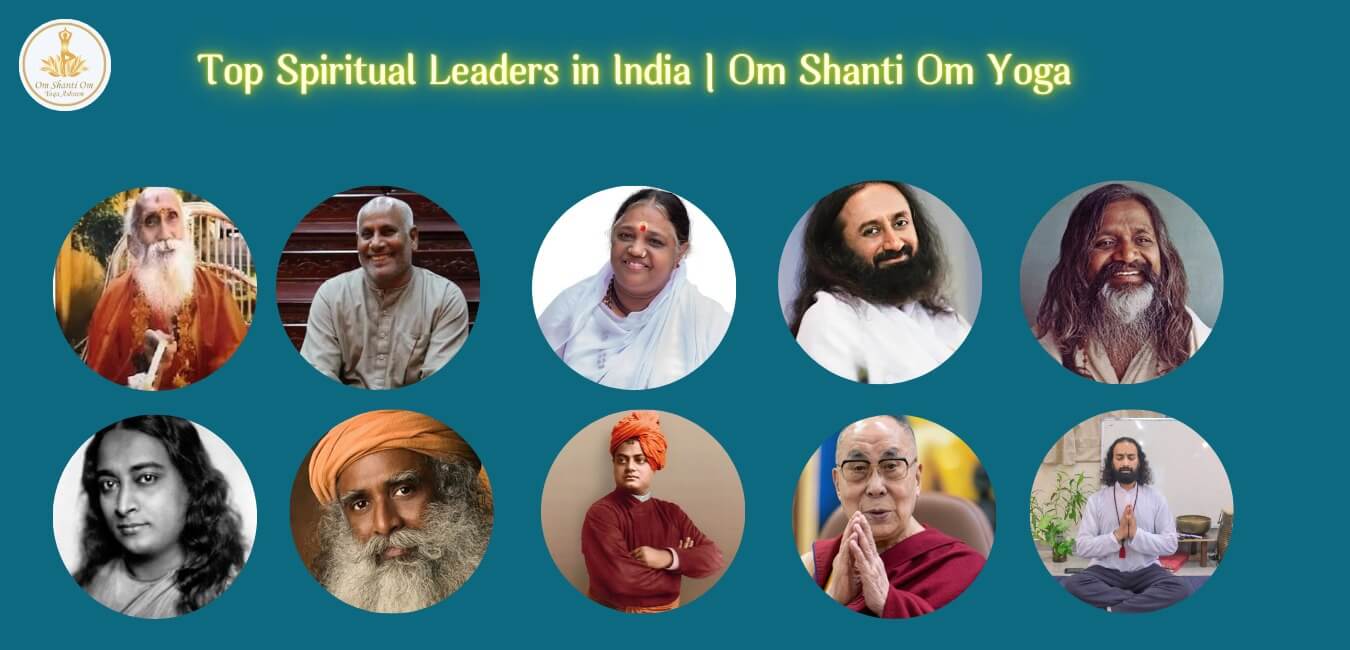

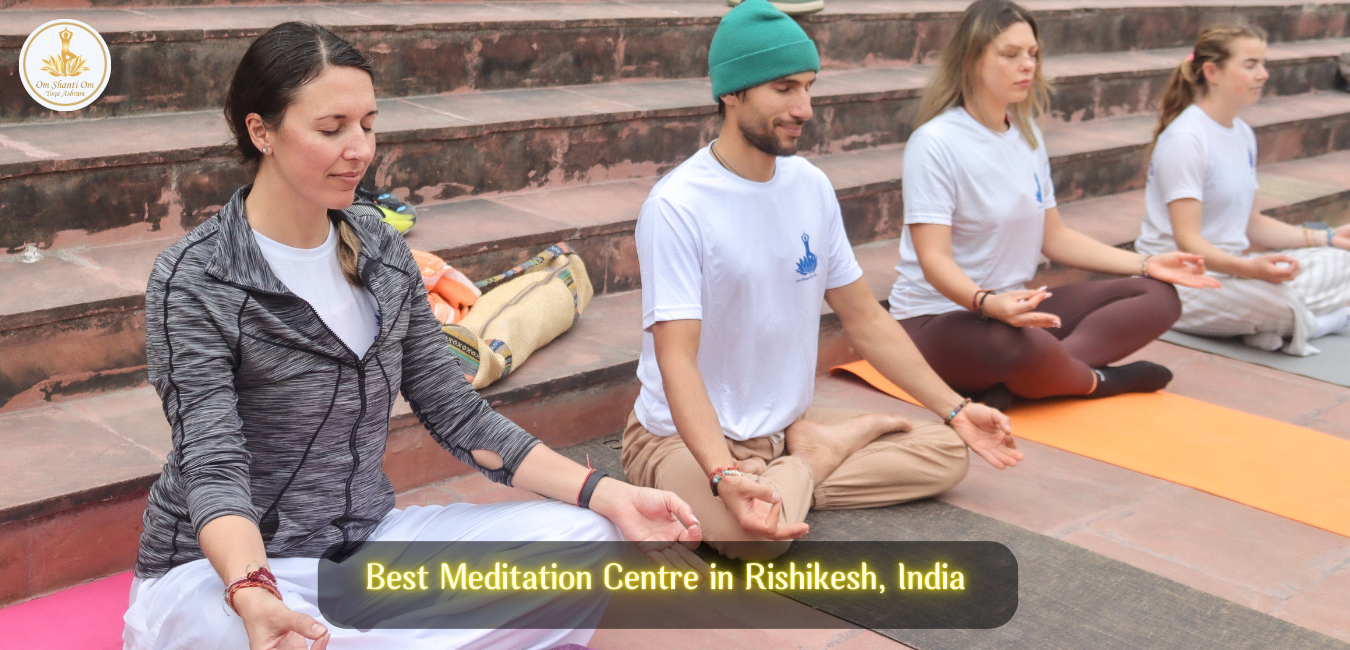

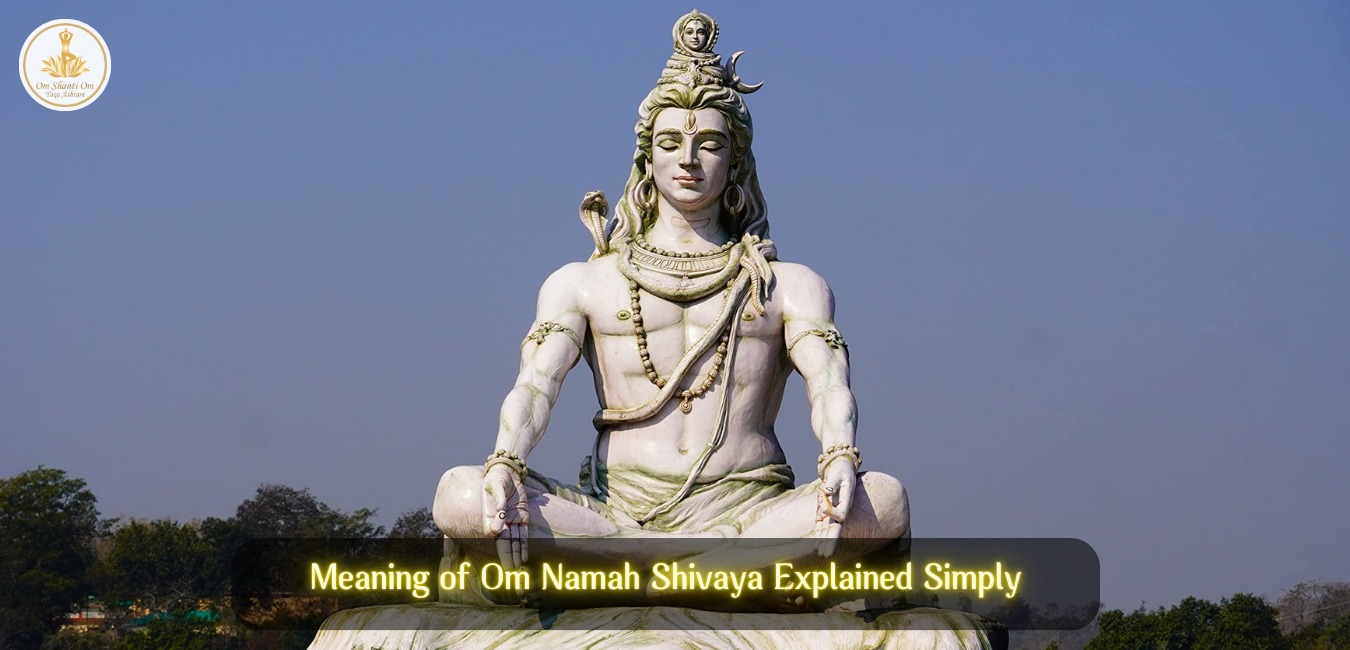
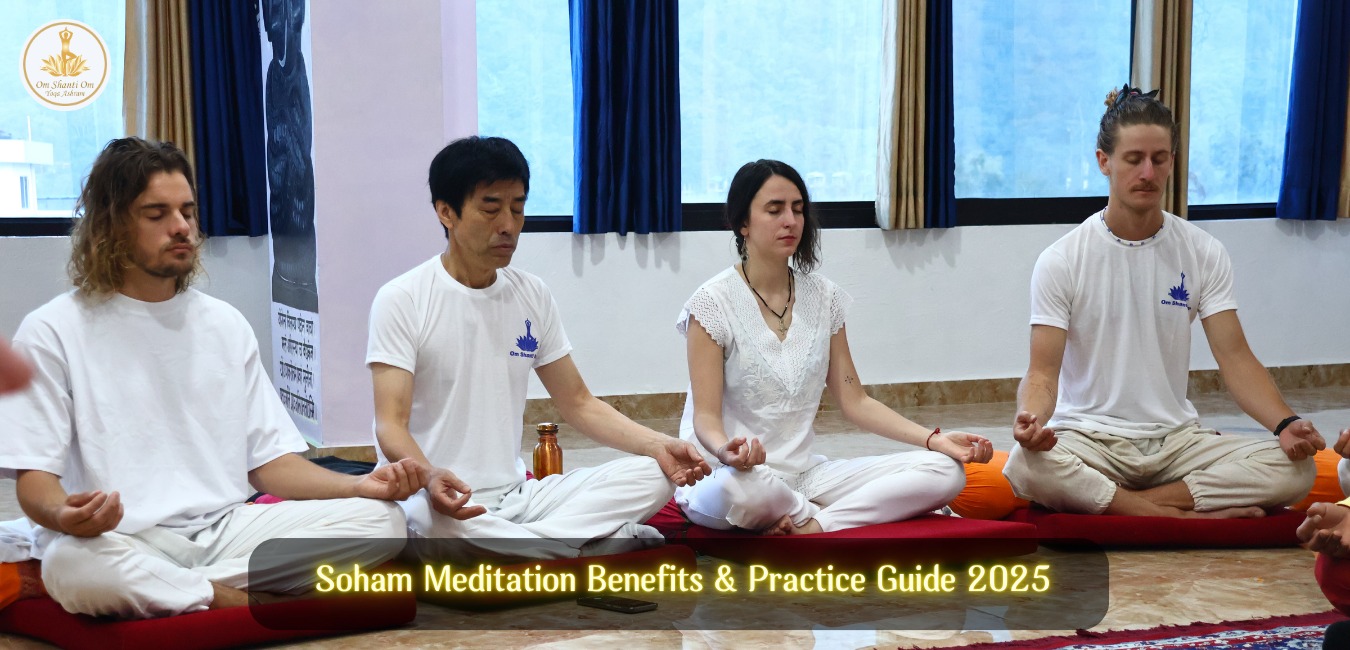

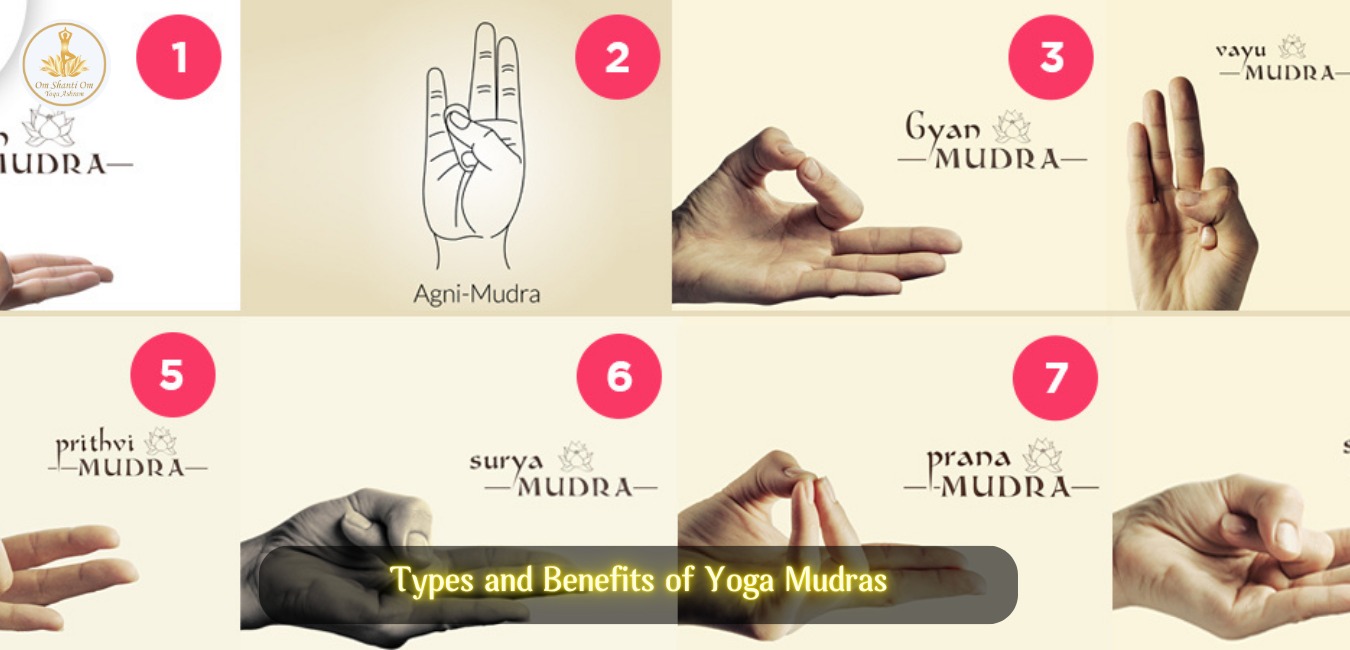


0 Comments
No comments yet. Be the first to comment!